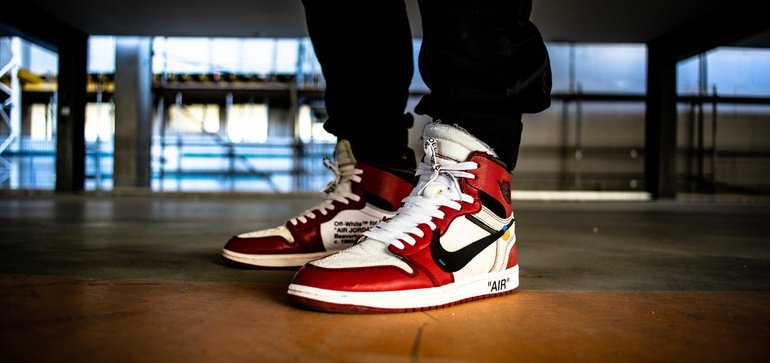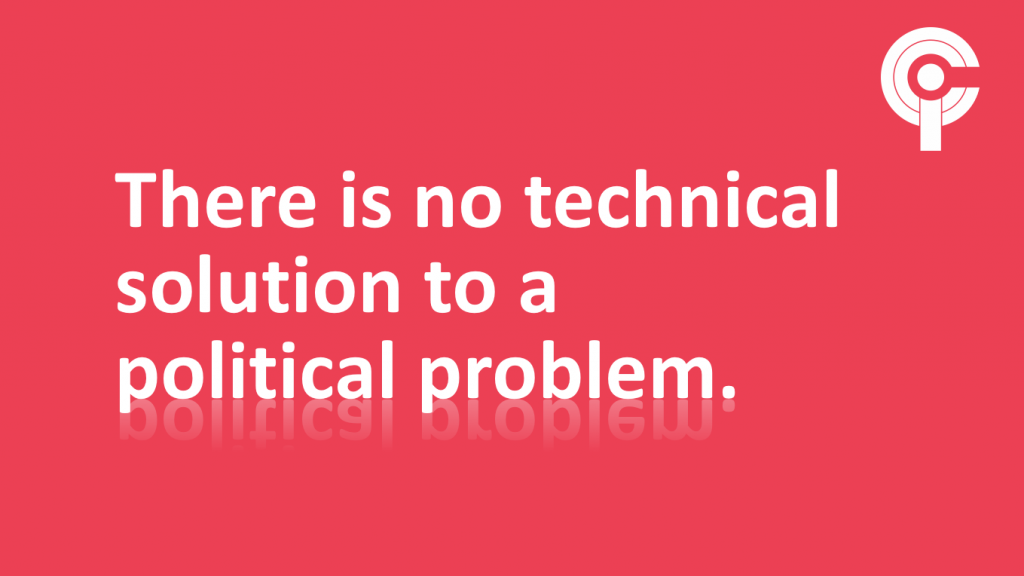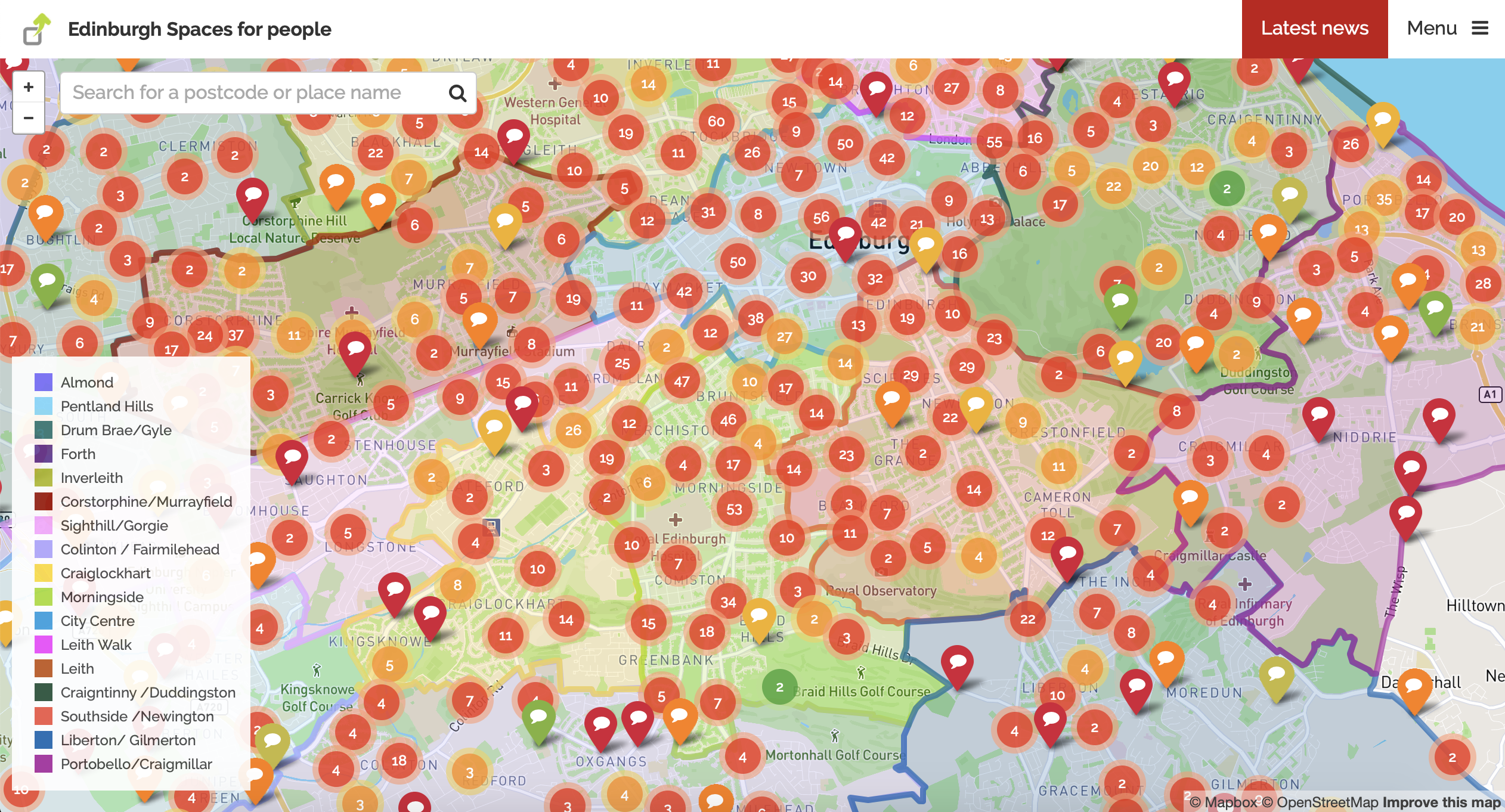It seems that we’re watching the death throes of the House of Fraser – or at least of the House of Fraser brand. How much of this is a sign of the broader changes in retailing, and how much is the story of a poorly managed brand?
What do 7,000 job losses at M&S mean for the High Street?
Marks and Spencers have announced seven thousand job losses. What does this mean for M&S and retailing more generally?
Coronavirus and the city – Landlords vs. Retailers: Apple UK asks landlords for substantial rent cuts

Apple UK has allegedly asked UK landlords for substantial rent cuts. In an environment where the value of retail space is a fraction of what it was 6 months ago, should we be surprised if retailers are looking for significant rent cuts?
Where’s the shift to urban cycling post covid-19?
Many cities are using Covid-19 as the reason for significant shifts in their attitudes towards cycling – and particularly towards making roads significantly more cycle friendly.
But the evidence on the street is that this shift to urban cycling hasn’t really happened yet.
Covid-19: The 3 types of post-lockdown retailers
Now that retailing in the UK is starting to open up (past supermarkets, bike stores, and DIY stores), we can start to see how UK retailers are responding/changing how they operate.
How Scottish Local Authorities are spending £30M in ‘Spaces for People’ funding
See the video for the LIKE! Magazines
Find out more about the set of magazines I wrote earlier this year pulling together what the LIKE project has learned about building local innovation cultures in Europe.
Nike to stop selling on Amazon

I have been a long-term critic of amazon for a couple of reasons – one is because they don’t contribute enough to cities to cover the actual costs of their business model (a criticism not limited to amazon), and the other because amazon is an increasingly poor customer experience – with more and more counterfeit goods (what percentage of “Apple” products on Amazon are actually genuine apple prodcts? ), an increasingly complicated user/platform interface, and the ‘Prime’ service increasingly isn’t – less and less is available as Prime and ‘Prime’ goods can now take a week plus to be shipped/delivered.
A company spokesperson said the brand was focused on “elevating consumer experiences through more direct, personal relationships.”
As long as Amazon can’t control their sellers – and as a reseller it’s not necessarily in Amazon’s interest to actively control sellers who use their platform – this is the reputational risk Amazon faces.
Amazon is an increasingly bad place for brands to be – particularly if they have alternative distribution platforms.
Recommended: Jocelyn Glei’s newsletter on creativity and work that matters
Three years ago I subscribed to Jocelyn Glei’s bimonthly newsletter. It was recommended somewhere (probably by Tina Roth Eisenberg, aka @swissmiss), and it looked interesting. And like many newsletters, I never read it. Any of it. Ever.
And then I recently made the decision to change how I used email, and to split my email life into “work” and “other” email accounts. And I saw this virtual pile of newsletters, piled up in my ‘new’ work email inbox, just like the pile of unread Esquire magazines on my nightstand.
And I took a look – finally. After three years.
Reader, it is an amazing email. Short, high quality, and infrequent enough not to feel overwhelming.
In Jocelyn’s words:
Twice a month, I publish a newsletter that highlights new ideas about how to be more creative and make time for the work that matters. It’s smart, actionable, and useful.
The one thing you can’t get wrong when you cost a (research) project

A key risk of many projects is they don’t make sure that they have enough staff to deliver everything that they promise to deliver. I’ll tell you why this is such a reputational risk, and how you can change your approach to better manage this situation.
Tech: There is no technical solution to a political problem.

Organisations spend a lot of time discussing technical solutions to issues that aren’t actually technical problems: they’re political problems – even if it’s ‘small p’ political problems.
Continue reading “Tech: There is no technical solution to a political problem.”20’s plenty – cars, speeding and communities
Some thoughts on the roll-out of Phase 2 of Edinburgh’s 20mph speed limits.
Urban speeding is like drink driving – it’s not the penalties that change behaviour, it’s the changes in our definition of what is acceptable that will change behaviour.
How much startup time do you need for research projects? You might need more than you think

In my experience the key thing delaying the start of research projects is staff availability – whether you have access to the people you need, or if you need to recruit and how ready to recruit you (and your organisation) are.
Do high street vacancy rates really mean anything?
Interesting article on the BBC on the Local Data Company’s latest report on the high retail vacancy rates in the UK, with one in seven shops (14%) empty.
Focusing on the headline vacancy rate is interesting, but does it help us understand if we’re getting more (or less) good shops on our streets?
Welcome to Tech Town

Interesting article on the future of Towns and Cities in the Drum Magazine – and I don’t just say that because I’m quoted in it!
My key points cover:
- What will the Future city look a like
- Urban efficiency and relevancy
- The importance of the quality of the built environment
- ‘Smartness’ is not a given and can’t be assumed
- Personalisation – will it happen?
- Cities and the shared experience







